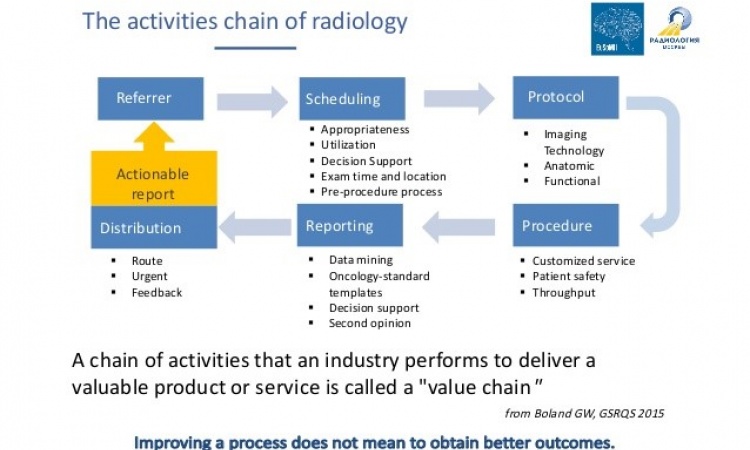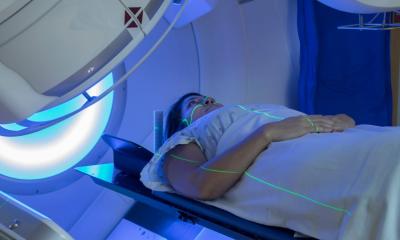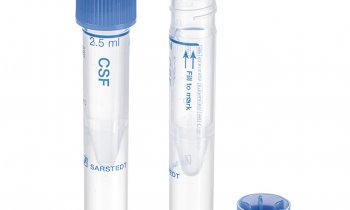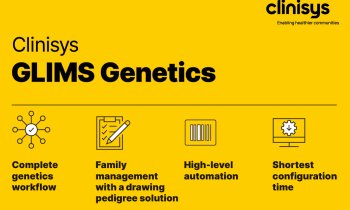News • Expert prediction of financial aspects
Why precision medicine will save lives (but not costs)
In principle, knowledge of the patient’s genome will allow for effective tailored treatment – also known as Precision Medicine. However, the promise of reduced healthcare costs, often advocated by pharmaceutical industry and Precision Medicine researchers, is not supported by evidence.
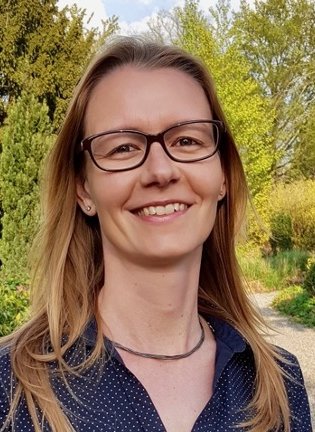
Image source: University of Copenhagen
Much to the contrary, large additional costs can be expected. This is according to University of Copenhagen researchers and colleagues in Austria and USA. Their insights were published in the journal Medicine, Health Care and Philosophy.
”The positive economic implications of Precision Medicine are greatly exaggerated in many respects. In theory, it would be possible to save resources through tailormade treatments, but that would require restructuring of the drug pricing model and many healthcare systems. As it is now, Precision Medicine will likely increase costs,” says Associate Professor Sara Green, Department of Science Education, University of Copenhagen. “Further, according to especially experience from USA will Precision Medicine increase inequality in access to health services. Certain treatments will become so costly that they are only available for citizens who can afford very expensive assurance schemes.”
In a collaboration with Austrian and American researchers, Sara Green and her colleagues have compared the introduction of Precision Medicine in Denmark, Austria, and USA. As the healthcare systems of the three countries are very different, different groups of patients are benefitting from the new treatments.
“Since the US healthcare system is highly privatized, the most vivid effects are seen here. Still, the same tendency is valid for Denmark and Austria. While patients are not charged directly for hospital treatments, some treatments will be too costly to be provided by the public healthcare system. This can put pressure on the healthcare system and foster a larger market for private health assurance schemes and private hospital treatments. As a result, there is a risk that Precision Medicine could lead to increased inequality,” Sara Green explains.
Recommended article

Article • Progress, limitations, and opportunities
Precision oncology: incredible potential, but not a miracle cure
Unanswered questions are hampering clinicians in their efforts to get the best out of a precision medicine approach for their patients. Speaking at the Genomics and Precision Medicine Expo in London at the end of May, cancer educator Dr Elaine Vickers said the benefits of being matched to an investigational drug remain questionable for most people with advanced cancer.
The reasoning behind the claim of reduced costs through Precision Medicine is based on higher efficacy of treatments. Take as an example, that a certain treatment benefits 80% of patients with a given disease, while the rest of the patients do not see any improvement. If the doctors do not know which patients are likely to benefit, they will need to subscribe the treatment to all patients. It would be possible to avoid this waste of resources, if a genetic test can pinpoint the 20% who should be offered an alternative treatment.
An increase in costs is more likely since treatments targeting smaller patient groups of patients tend to have a higher price tag
Sara Green
“Wasting resources is not the only downside of giving ineffective treatments to some patients, as medicine often has undesired side effects. Further, if we only approve treatments which benefit the average patient, we may lose out on treatments which are highly effective for specific groups of patients. So, in these respects Precision Medicine introduces a highly relevant criticism of traditional medicine. However, it is taking things too far when Precision Medicine proponents assume that we will automatically be able to save costs. To the contrary, an increase in costs is more likely since treatments targeting smaller patient groups of patients tend to have a higher price tag,” says Sara Green.
A Norwegian example illustrates the problem. A cancer patient applied for an expensive experimental treatment, but his request was turned down by the Norwegian Board of Health Supervision since the efficacy of the treatment had not yet been documented. The patient paid to have the treatment at a private hospital. As it happened, he benefitted from the treatment. The Board then approved continued treatment for him in the public healthcare system.
“The case shows how Precision Medicine challenges principles of equal access to health care services even in a public-based health care system. Had the patient not been able to pay for his treatment at the private hospital, he could not have provided the documentation which allowed him to obtain public treatment,” Sara Green comments. “Thus, Precision Medicine puts the solidaric foundation under the public healthcare system into question. The field is opened for a battle over which treatments should be offered, on what evidential basis, and to whom.”
We must also remember that there is a shortage of GPs and other health professionals, and we need to carefully prioritize resources. Without such considerations, there is a risk that Precision Medicine could topple the healthcare system
Sara Green
Also, it should be remembered that Precision Medicine is rarely an absolute cure. In the Norwegian example, while the patient did gain some additional months without worsening in his condition, he was not cured. “Obviously, it is difficult to quantify the value of some extra months of survival for a person. The politicians are faced with some hard choices. On the one hand, they do not want to deny patients access to effective treatments. But on the other hand, the costs of the advanced treatments must be considered in relation to existing constraints on healthcare resources. At the moment, even a high-quality healthcare system like Denmark’s faces difficulties keeping up with the need for standard cancer treatments and surgeries. We should therefore not only focus on treatment efficacy but also cost-effectiveness.”
Precision Medicine can challenge healthcare systems in yet another manner, Sara Green notes: “The first national strategy for Precision Medicine showed great expectations for improved disease prevention through genetic risk profiling of citizens. But this may well backfire. When you map the genome of healthy people, the results will typically be that everyone is at risk of developing various illnesses.”
Further, many of us wear smartwatches and other gadgets that monitor pulse and other health indicators. “People collect ever more data regarding their physical condition, but it doesn’t easily translate to health information. Consequently, they might want to see their General Practitioner more often for follow-up testing and health advice. But far from everybody will benefit from individualized preventive strategies.”
The sales pitch for such gadgets is the same as for Precision Medicine: risk factors will be uncovered early on, diseases will be prevented, and the costs for health care are reduced. But in real life, things are not that simple, Sara Green points out: “There is no evidence to suggest that testing healthy persons for all kinds of risk factors will improve disease prevention in general. For some people, tests and self-monitoring might catch early signs of disease and improve prognosis, but this should be weighed against the potential harms of overdiagnosing and overtreating others who, despite having risk factors, would not have developed the disease in question. We must also remember that there is a shortage of GPs and other health professionals, and we need to carefully prioritize resources. Without such considerations, there is a risk that Precision Medicine could topple the healthcare system".
Source: University of Copenhagen
17.12.2023



